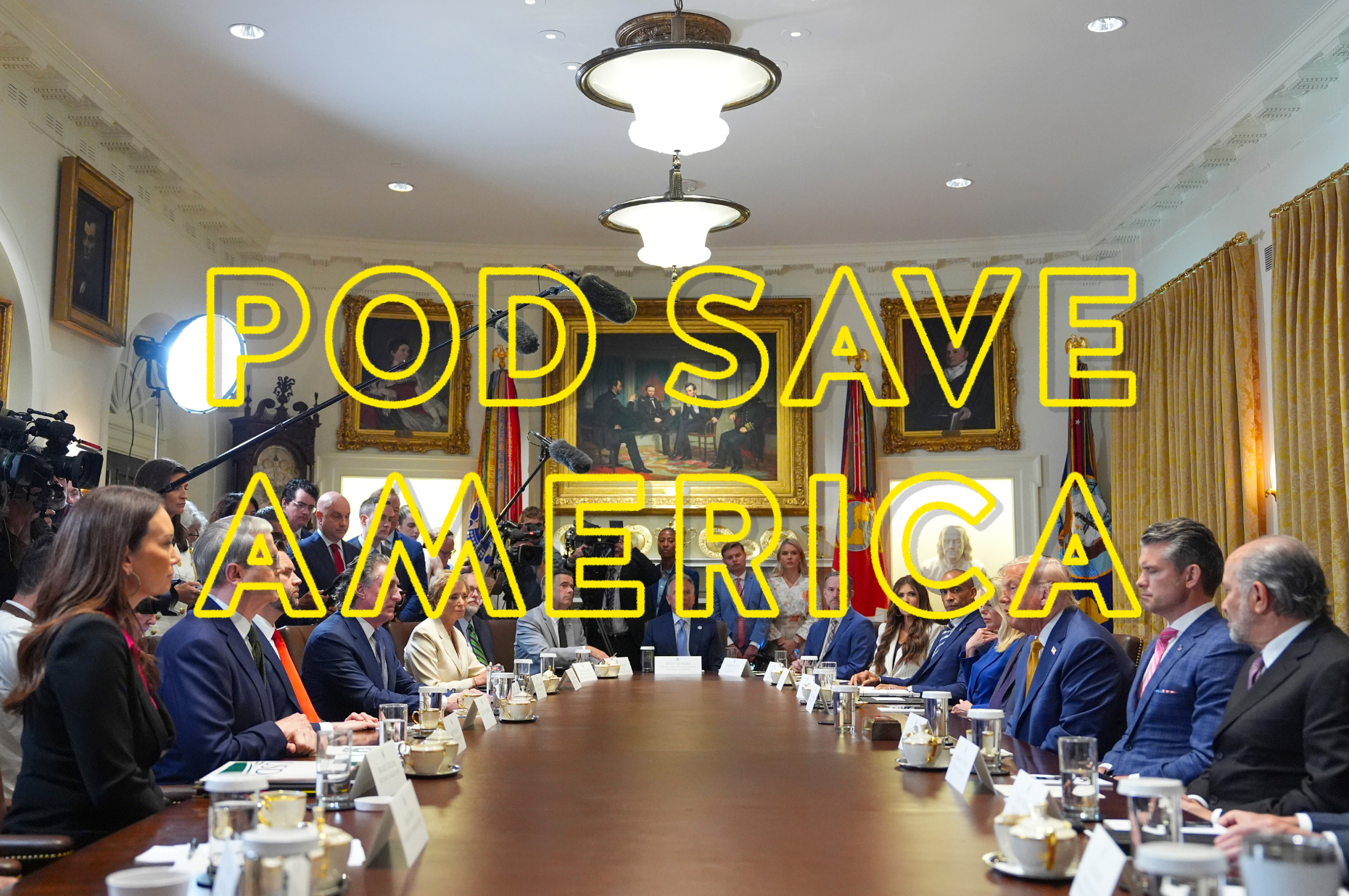
The conservative movement’s de facto control over the GOP agenda has made Republican politics a hostile environment for heterodox thinkers. The leaders of the movement cast jaundiced eyes at politicians who aren’t lockstep-movement devotees or charlatans willing to outsource policy thinking to party leaders.
This ultimately explains why they made peace with Donald Trump, but love Ed Gillespie.
Party actors panicked throughout the 2016 election because they thought Donald Trump was unelectably off-putting. But as an abstraction, the idea of a Trump presidency put them more at ease than the idea of a Mitt Romney presidency, because Romney had demonstrated a capacity for independent thinking.
“We are not auditioning for fearless leader,” Grover Norquist told conservatives in 2012. “We don’t need a president to tell us in what direction to go. We know what direction to go. We want the [Paul] Ryan budget …We just need a president to sign this stuff. We don’t need someone to think it up or design it. The leadership now for the modern conservative movement for the next 20 years will be coming out of the House and the Senate … Pick a Republican with enough working digits to handle a pen to become president of the United States.”
Through a combination of ignorance, inattentiveness, and unpopularity, Trump has undermined this theory of political change, but only by making it harder for Republicans in Congress to execute a legislative strategy. Instead of passively signing Republican bills, he’s making those bills difficult to pass. But conservatives still relish the idea of winning an election by stoking racial animosities, then proclaiming the victory a mandate for regressive tax cuts and deregulation.
And it is exactly what will happen if Ed Gillespie wins tonight’s election and becomes the next governor of Virginia.
It’s unclear what the people whom Gillespie has been pandering to think governors do all day, but they don’t generally engage full-time in rhetorical attacks on faceless Latinos or black football players protesting police brutality.
Perhaps Trump’s conduct in the White House—where he stokes grievances and bleats endlessly about how unfair everything is—has conditioned some Republican voters into thinking most Republican politicians will now spend their time in office waging symbolic culture war battles. But Trump is a sui generis figure, and in many ways has underperformed the expectations of Republican Party leaders who hoped he’d turn his attention once inaugurated away from being gratuitously offensive and cruel to minorities and toward enacting the Ryan budget. But Trump seems genuinely more enthused about the former than the latter.
If Gillespie wins, by contrast, he will abruptly find less time for fawning over Confederate monuments and more time for cutting business taxes and making it harder for people to obtain medical care.
Trump lacked the qualities that alarmed conservatives about Romney, but Gillespie lacks the deficiencies that alarmed the same conservatives about Trump. He is Trump in the streets, and ALEC in the sheets. The conservative beau ideal.
And worse, the outcome of today’s election will determine whether Republican candidates across the country adopt Gillespie’s disgraceful, civically poisonous style of politics when they campaign in next year’s midterms.
Trump’s victory one year ago was enormously vindicating to white nationalists and xenophobes. We would all be better off if he’d lost in a landslide. But the election was also fluky enough that it rendered no verdict on the viability of train-whistle racism as a modern GOP campaigning strategy. Trump lost the national popular vote (which, in other American elections, would have cost him the office). He won the electoral college, thanks to paper-thin popular vote victories in three swing states, but not before the FBI director and the Russian government (in concert with the Trump campaign) teamed up to sabotage Hillary Clinton with what were likely decisive intrusions into the democratic process.
Gillespie’s campaign is a comparably untainted experiment.
If he wins, we can expect Republican candidates in next year’s midterms to replicate his strategy all across the country. Even as Gillespie trails Democrat Ralph Northam in most polls, the neoconfederate GOP base in Virginia has thrilled to the fact that he’s run the kind of campaign he has.
“It feels like my campaign doesn’t it?” Corey Stewart feels vindicated by Gillespie campaign in Va. @paulschwartzman https://t.co/i3K5rEOrVp
— Peter Baker (@peterbakernyt) November 6, 2017
Which is to say a narrow defeat would still leave open the question of whether Gillespie over-performed expectations thanks to racism. It would also almost certainly prompt Trump, if not Gillespie himself, to claim that dark-skinned people voting fraudulently stole the election for Northam.
It is possible, in other words, to reverse the tide of Trumpism in America, but only through a show of popular force that convinces Republicans that the Trump experience can’t be replicated. Without that, the tide will rise, and carry a more refined cast of Trumpists into power with it.


